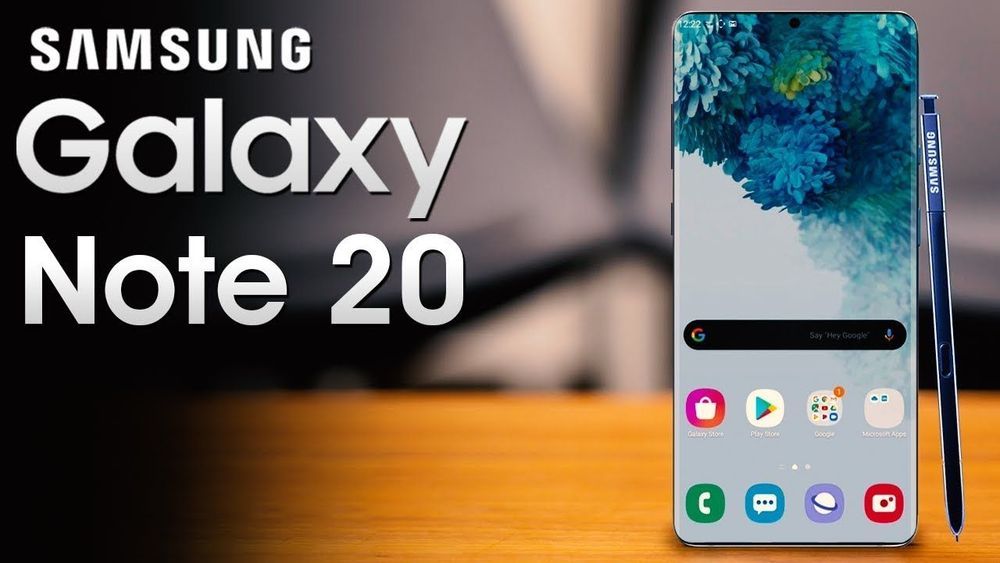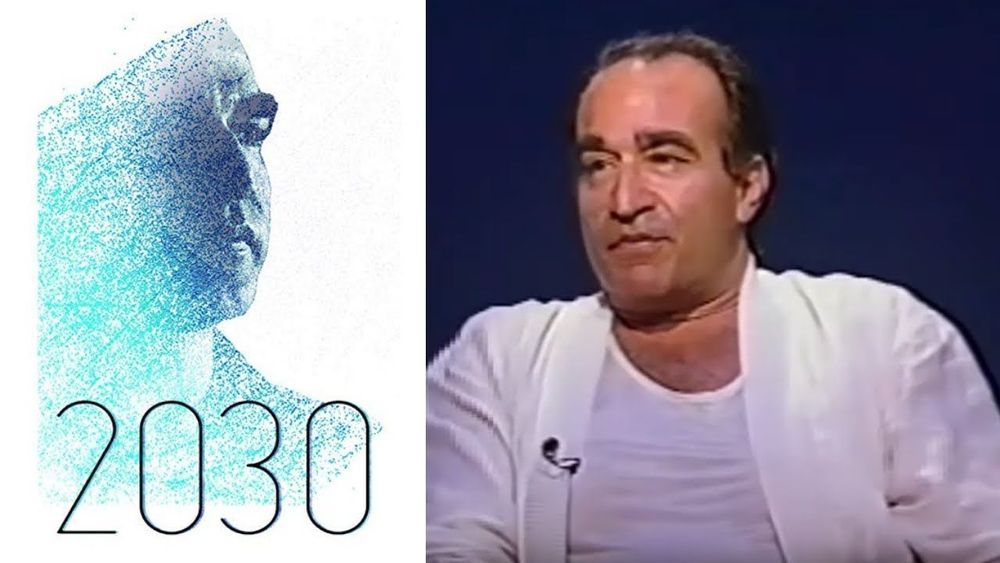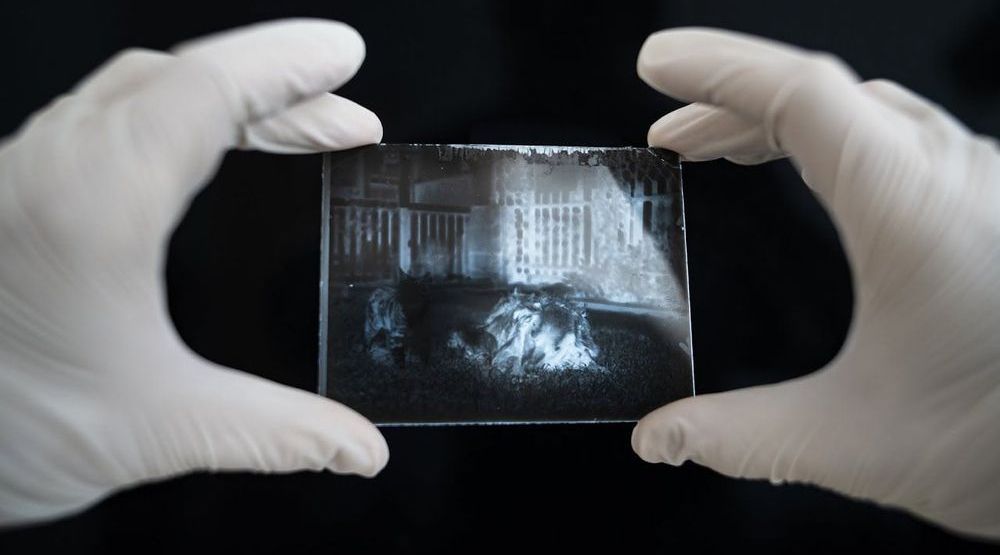Mar 3, 2020
Samsung Galaxy Note 20 to include new features that we’ve never seen before
Posted by Quinn Sena in category: mobile phones
Another patent leak shows that Samsung is bringing unexpected tech to the Galaxy Note 20 phablet.

Another patent leak shows that Samsung is bringing unexpected tech to the Galaxy Note 20 phablet.
Circa 2019
Google claims it has designed a machine that needs only 200 seconds to solve a problem that would take the world’s fastest supercomputer 10,000 years to figure out.
The speed achieved by the computer represents a breakthrough called “quantum supremacy,” according to a blog post from the company and an accompanying article in the scientific journal Nature.
Continue reading “Google claims its quantum computer can do the impossible in 200 seconds” »

https://www.youtube.com/watch?v=CjnrGzUelhg&feature=youtu.be
I interviewed the director of recently released movie ‘2030’, about the life of transhumanist pioneer FM-2030, about his film and what it was like knowing FM-2030 personally — full video here:
My interview with Johnny Boston about his film 2030, which focuses on the life of FM-2030 (born Fereidoun M. Esfandiary) — a noted transhumanist and futurist thinker.
Continue reading “FM-2030 film ‘2030’ — director Johnny Boston interview” »
Circa 2015
University of Utah engineers have taken a step forward in creating the next generation of computers and mobile devices capable of speeds millions of times faster than current machines.
The Utah engineers have developed an ultracompact beamsplitter—the smallest on record—for dividing light waves into two separate channels of information. The device brings researchers closer to producing silicon photonic chips that compute and shuttle data with light instead of electrons. Electrical and computer engineering associate professor Rajesh Menon and colleagues describe their invention today in the journal Nature Photonics.
Omololu Akin-Ojo was always reluctant to go to the United States. “I felt I could do a lot of things in Africa,” he told me in his office at the new East African Institute for Fundamental Research (EAIFR) in Kigali, Rwanda. “Unfortunately, I was wrong.”
As a university student in his home country of Nigeria in the late 1990s, Akin-Ojo learned to write computer code by hand, without ever having the chance to put the code into a computer. Aware of these limitations, his father, a physicist, encouraged him to apply to doctoral programs abroad. While studying condensed matter physics at the University of Delaware, Akin-Ojo recognized the gulf in teaching and in research opportunities between Nigeria and the U.S.
He realized then that he wanted to stem the brain drain of Africa’s brightest minds. Although he spent the next 14 years working in the U.S. and Europe, he said, “I always knew I was coming back to Africa.” He chose to specialize in theoretical physics, so that the lack of experimental equipment in Nigeria wouldn’t hinder his research when he returned.
Researchers can print cells and biomaterials that make up human tissues, but there’s still a long way to go before fully functional organs can be made to order.
If you’d like to improve your immune system, work on increasing the number of t-cells in your body. T-cells are a type of lymphocyte that will attack cells that are infected with a virus. To improve your t-cell count and responsiveness, eat a healthy diet full of fresh produce and lean protein. If you’re concerned your diet isn’t balanced, take supplements that have been shown to improve the immune system.

A century before cats dominated YouTube, they were the subject of one very adoring photographer.
Recently, a family member reached out to YouTuber Mathieu Stern with a fun fact: There was possibly a time capsule hidden in his old family home.
Continue reading “Man develops 120-year-old cat photos he finds in time capsule” »
DNA hacking could save humanity—or destroy it. Author Jamie Metzl joins Inside the Hive to discuss the future of designer babies.

